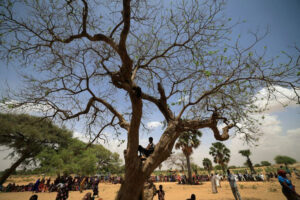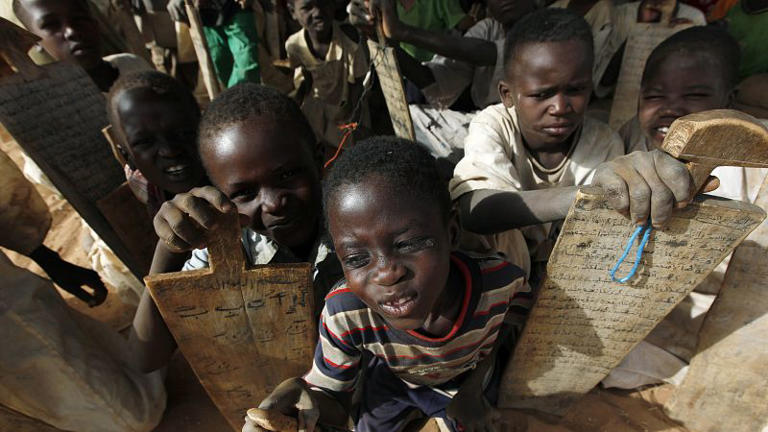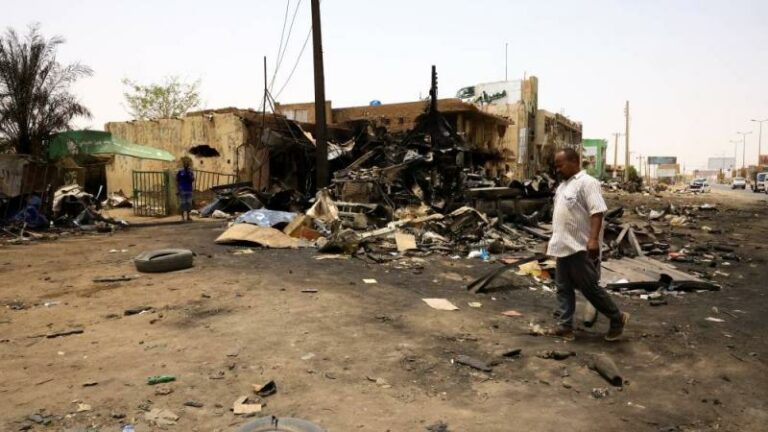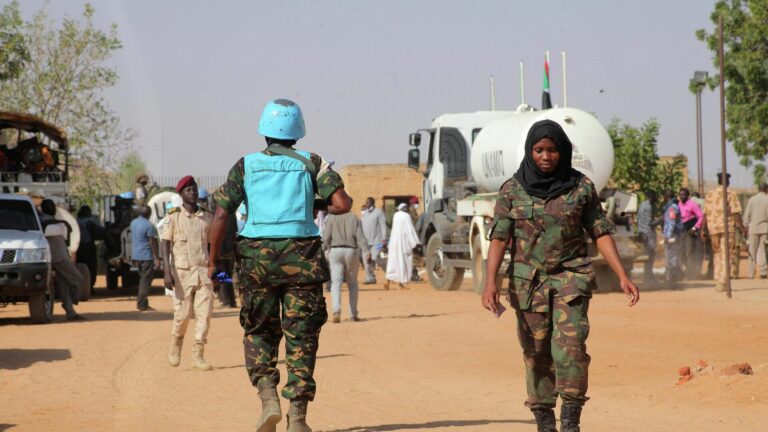
Geneva (Reuters) – UNICEF, the United Nations Children’s Fund, highlighted on Friday the possibility of 700,000 children in Sudan suffering from the most severe forms of malnutrition this year, with the risk of tens of thousands facing death.
The ongoing war for the past ten months in Sudan between the army and the paramilitary Rapid Support Forces has destroyed the country’s infrastructure, raised concerns of famine, and forced millions to flee within and outside the country.
James Elder, UNICEF spokesperson, stated at a press conference in Geneva, “The consequences of the last 300 days lead us to believe that over 700,000 children are experiencing the most severe forms of malnutrition this year.” He added, “UNICEF will not be able to treat more than 300,000 of them without improved access and additional support. In this case, tens of thousands are likely to die.”
Elder defined the most severe forms of malnutrition as acute and severe, making children ten times more susceptible to death due to diseases like cholera and malaria. He added that an estimated 3.5 million children are expected to suffer from acute malnutrition.
UNICEF provides “ready-to-use therapeutic food” for Sudan, life-saving nutritional materials that treat severe malnutrition in children under the age of five.
UNICEF calls for the collection of $840 million to aid slightly over 7.5 million children in Sudan this year, but Elder expressed regret over the insufficient funds collected in previous appeals. He said, “Despite the scale of needs, the funding sought by UNICEF last year for about three-quarters of the children in Sudan was not obtained.”
The United Nations urged countries on Wednesday not to forget civilians suffering from the war in Sudan and called for the collection of $4.1 billion to meet their humanitarian needs and support those who have fled to neighboring countries.
Half of Sudan’s population, around 25 million people, requires humanitarian aid and protection, while more than 1.5 million people have fled to the Central African Republic, Chad, Egypt, Ethiopia, and South Sudan, according to the United Nations.



